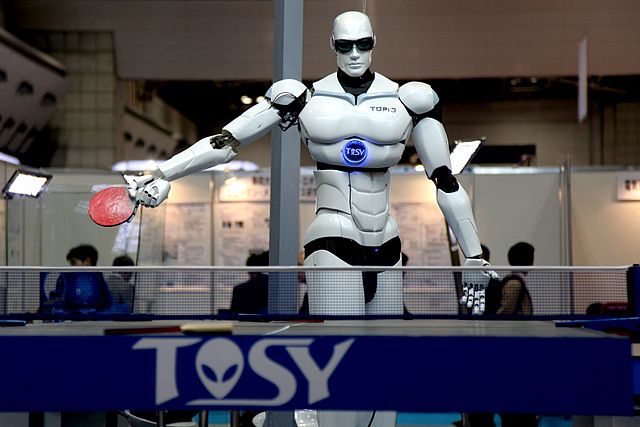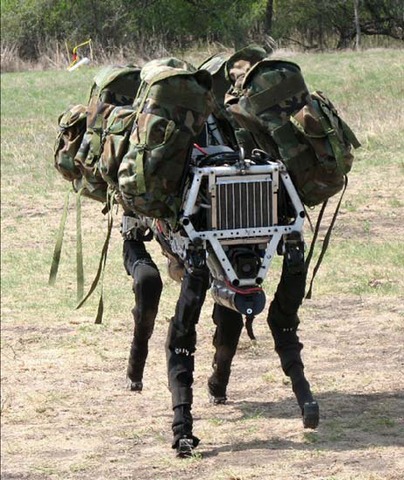For 200 years, give or take, people have worried that robots will take over much of mankind’s labor. The anxiety dates back to the first powered looms in the late 18th century that led to the revolution in the textile industry.

Sounds quaint now, doesn’t it? It certainly wasn’t for those workers. As a boy, I watched it happen in Western Pennsylvania as the steel industry collapsed and thousands of workers lost their livelihoods, taking all the ancillary businesses – like my father’s clothing store – with them.
Which brings me to the fact that triggers these thoughts, coming from the latest World Economic Summit in Davos, Switzerland: 200,000 industrial robots come online every year. By the end of 2015, an estimated 1.5 million such machines will be grinding away, transforming global manufacturing.
I lived the technology revolution first-hand again in my prior life as a newspaper and magazine journalist as that industry, too, crumpled under the weight of a technological revolution that has destroyed the business models that served as the industry’s foundation (like, advertising-driven products sold via printed paper). I’m old enough to remember the teletype operators who turned my typewritten jewels of text into punch-hole strips for processing, and the typesetters who created page proofs for newspapers.
All gone now. Like the copy editors who, in this age of everyone’s-a-publisher, are increasingly disappearing. And the tens of thousands of journalists whose skills, knowledge and experience have been replaced by algorithms and auto-generated news and big data.
Forgive me for the metaphor, but we’ve positioned VitalBriefing as a bridge between worlds (oh, our aching backs). We believe that technology will continue to transform – radically – the way we take in information: How we find it, how we consume it, what we do with it. These aspects bear increasingly little resemblance to their precursors just a few years ago (e.g. if your child was born the same day as the first iPhone, she’ll be celebrating her 8th birthday next June).
Yet we also believe that there’s no forseeable substitute for human curation in a variety of guises. Just as in this era of endless choice we rely increasingly on our networks of family and friends for recommendations in all walks of life – what to read, what to see, what to listen to, where to eat, what to buy, who to trust – the same holds true for the information we seek when we’re slammed with it from all sides.

So, hurray for technology-wielding humans – expert in their subject areas – who know how to find what we’re looking for and then pass it to us in the most relevant and appropriate ways. That’s why we bring on board great journalists, experts in their fields and enabled by cutting-edge search technology, to find the best, most relevant information to meet our clients’ needs.
Call us old-fashioned. But bridges do tend to get people where they want to go.

